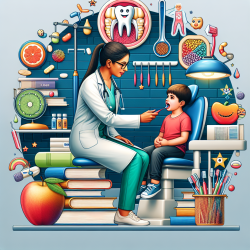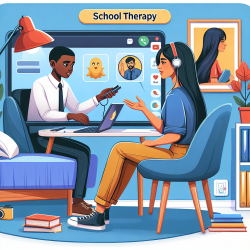The review, published in the International Journal of Environmental Research and Public Health, examined 38 studies involving 4,441 individuals with various disabilities, including Down syndrome, autism spectrum disorder (ASD), cerebral palsy, and visual and hearing impairments. The majority of these studies were conducted in Riyadh, Saudi Arabia, highlighting a critical need for more comprehensive national-level data.
Key Findings:
- High prevalence of dental caries and periodontal disease among children with disabilities.
- Low frequency of tooth brushing and flossing, coupled with high sugar consumption, contributing to poor oral health.
- Significant barriers to accessing dental care, including lack of trained specialists, transportation issues, and high costs.
- Dependence on caregivers for oral hygiene practices, indicating a need for better caregiver education and support.
Implications for Practice:
Given these findings, practitioners can take several steps to improve oral health outcomes for children with disabilities:
- Specialized Training: Participate in continuing education programs focused on special care dentistry to enhance your skills in treating children with disabilities.
- Caregiver Education: Implement educational programs for caregivers to teach them effective oral hygiene practices and the importance of regular dental visits.
- Accessibility Improvements: Advocate for and help design dental clinics that are accessible to children with disabilities, including the use of ramps, elevators, and sedation options.
- Outreach Programs: Develop mobile dental hygiene services to visit special needs centers and schools, making dental care more accessible.
Future Research Directions:
The review highlights several areas where further research is needed:
- Conducting nationwide surveys to assess the true extent of oral health inequities among children with disabilities.
- Exploring the impact of training programs on the quality of care provided by dental practitioners.
- Investigating the oral health status and needs of adults with disabilities, a largely overlooked population.
By integrating these data-driven insights into your practice, you can contribute to better oral health outcomes for children with disabilities. The evidence underscores the importance of specialized training, caregiver education, and improved accessibility to dental care services.
To read the original research paper, please follow this link: Oral Health Status, Oral Health Behaviors, and Oral Health Care Utilization among Persons with Disabilities in Saudi Arabia.










